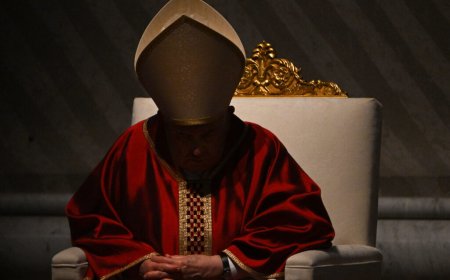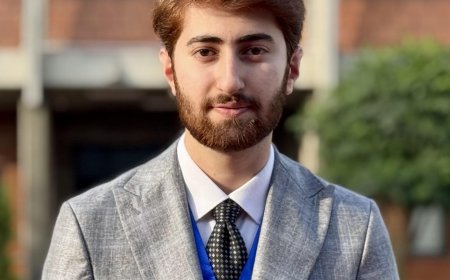Iraq's Dual Illusion: From Failed Republic to Faltering Federalism
Dr Sirwan Abdulkarim Ali / Political analyst and academic
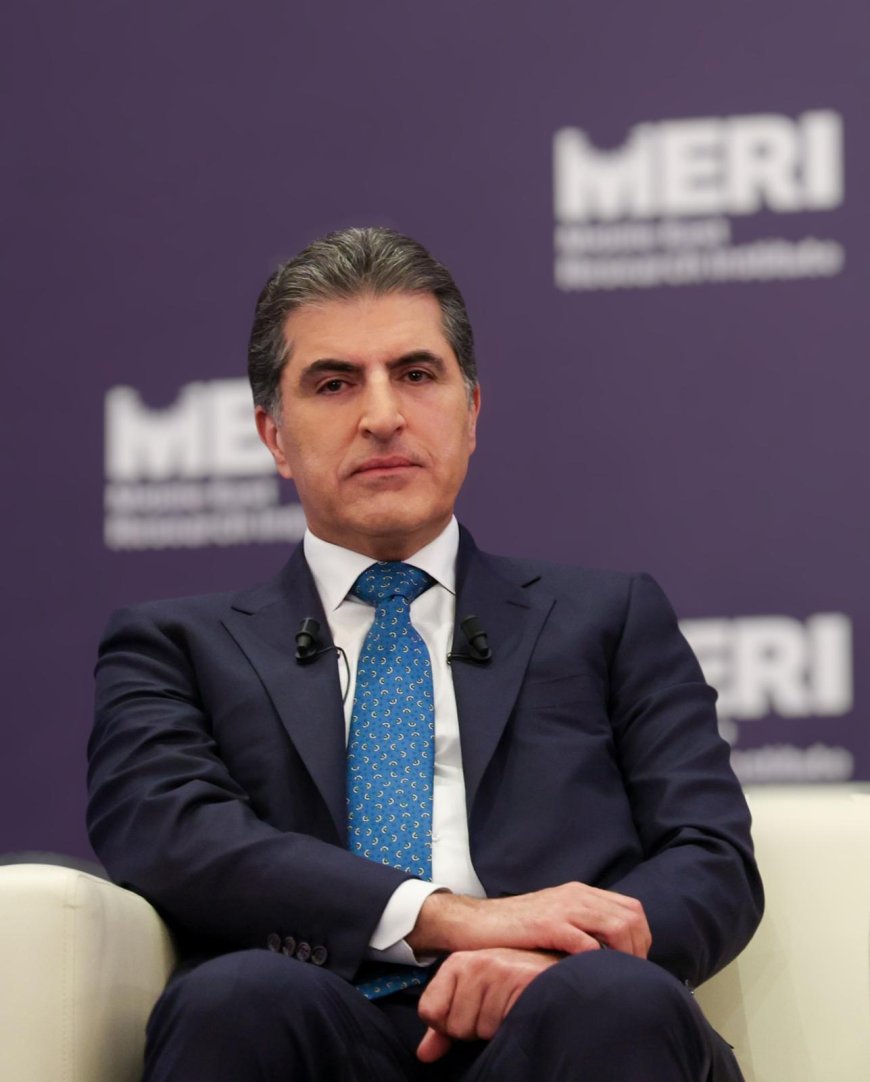
President Nechirvan Barzani's frank speech exposes constitutional crisis two decades after 2005 constitution, as nation struggles with same dysfunctions that plagued it since 1958 coup. Twenty years after Iraqis voted for their first permanent constitution, the country remains trapped between two illusions: a republic that never truly existed and a federal system that exists only on paper. President Nechirvan Barzani's speech at the MERI Forum on October 8, 2025, marked one of the most candid public assessments of Iraq's constitutional crisis by a senior Iraqi official. In a remarkably candid speech, President Nechirvan Barzani diagnosed the core of Iraq's constitutional crisis with unusual bluntness.
"The biggest problem in Iraq is that no one knows yet whether Iraq's system is federal or centralized," The President explained to the forum. "In terms of daily practice, it is highly centralized. On the surface, it is called federal Iraq, but in substance, Iraq can be described as anything except federal."
His remarks come as Iraq marks over two decades since the fall of Saddam Hussein's regime, yet continues to struggle with the same fundamental questions about governance, power-sharing, and the rule of law that have plagued the nation since the bloody 1958 coup that ended the monarchy.
On July 14, 1958, Iraq's transition from monarchy to republic was sealed not through democratic process but through betrayal and bloodshed. Free Officers led by Brigadier Abd al-Karim Qasim stormed the royal palace, executing King Faisal II, Crown Prince Abdullah, and other royal family members. That violent beginning established a pattern that would curse Iraq for 45 years: political change through violence, not ballots.
From 1958 to 2003, Iraq never experienced legitimate republican governance. The country cycled through military dictatorships, with coups as the only mechanism for political change. Not a single civilian president governed Iraq during this period. Elections, when they occurred, were theatrical exercises producing absurd 99% approval rates.
The fall of Saddam Hussein offered Iraq a historic opportunity. For the first time, Iraqis voted for a permanent constitution in 2005, establishing Iraq as a federal state recognizing the Kurdistan Region. Yet His Excellency’s speech reveals how little has changed.
"What they do with the Kurdistan Region is not seen in any federal system," he said. "What Iraq does with the Kurdistan Region is extreme centralization."
The president recounted a revealing exchange with the Coordination Framework, the Shi'a political coalition:
"Brothers, let me be frank with you. When you look at the Kurdistan Region, not only do you not see the Kurdistan Region's behavior as that of a federal region, but you see yourselves as a sovereign state. But when we look at you from Erbil, we see that your behavior with the Kurdistan Region is so centralized that it could be anything except federalism. Let us sit together to find where we can meet."
Despite tensions, President Nechirvan Barzani emphasized: "I say this with full confidence: the Kurdistan Region believes that its strategic depth is Baghdad."
Perhaps most troubling is how Iraq treats its constitution, not as a human-created legal document subject to interpretation and amendment, but as religious scripture: immutable and endlessly disputed. Critical questions remain unresolved after 20 years: What are the precise limits of regional versus federal authority? How should oil revenues be distributed? What powers does the prime minister actually have? How can dysfunctional governments be dissolved?
Rather than resolving these through honest debate, constitutional amendments, or judicial interpretation, Iraqi politicians prefer ambiguity. Keeping rules unclear serves their interests, allowing each faction to claim constitutional legitimacy for contradictory positions.
In any functional system, customer complaints trigger management response. Persistent complaints signal systemic problems requiring urgent action. In Iraq, everyone complains but nothing changes. Ordinary citizens complain about lack of electricity and water, unemployment and poverty, insecurity and rampant corruption, absent basic services, and crumbling infrastructure. Politicians and officials complain about other parties' obstruction, insufficient budgets, constitutional ambiguities, foreign interference, and each other. Yet complaints lead nowhere. Citizens protest, sometimes dying in the streets, but rarely see meaningful change. The 2019-2020 protests, which cost hundreds of lives, produced only cosmetic reforms.
Academic research confirms this dysfunction. Dr. Hemin Akreyi's study documenting federal relations from 2005 to the 2017 Kurdistan independence referendum, based on face-to-face interviews with Iraqi elites, decision-makers, and foreign diplomats, highlights the persistent dysfunctionality of Iraq's federal system.
Crucially, some officials complain not to fix problems but to deflect blame and obscure their corruption. They've amassed fortunes while claiming helplessness. They are both arsonists and firefighters, setting fires while complaining about smoke.
The Dual Citizenship Question
Symbolizing the deeper legitimacy crisis: since 2004, multiple Iraqi presidents and prime ministers have held dual citizenship with Britain, America, and other countries. This is abnormal. Australia, for example, requires Parliament members to hold only Australian citizenship. This is not xenophobia; it is recognition that governing requires undivided loyalty. When a president maintains a foreign passport, it signals that even the highest officials do not fully believe in the state they govern. If they keep exit strategies, why should ordinary Iraqis commit to building the nation?
Iraq lived under the illusion of republicanism from 1958 to 2003, having the forms without the substance. Now it risks repeating the pattern with federalism. The country has elections without meaningful accountability, a constitution without consistent implementation, institutions without independence, leaders without undivided loyalty, and citizens without rule of law protections.
President Nechirvan Barzani's frank diagnosis at the MERI Forum may represent a turning point or simply another voice added to the chorus of complaints. The question remains whether Iraq's political class will finally embrace genuine republican and federal principles, or whether federalism will join republicanism as another beautiful illusion, promised but never delivered.
For ordinary Iraqis who have suffered through wars, sanctions, occupation, terrorism, and corruption who have voted repeatedly hoping each election might bring change, who've protested sometimes paying with their lives, the answer will determine whether Iraq finally becomes the nation its constitution promises, or remains indefinitely suspended between illusions.
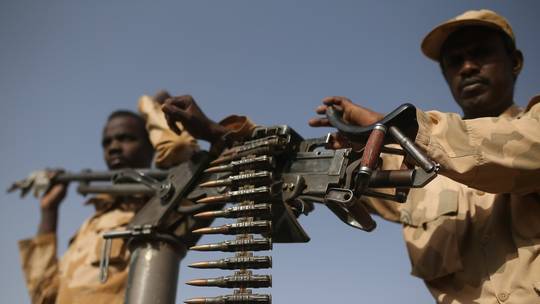



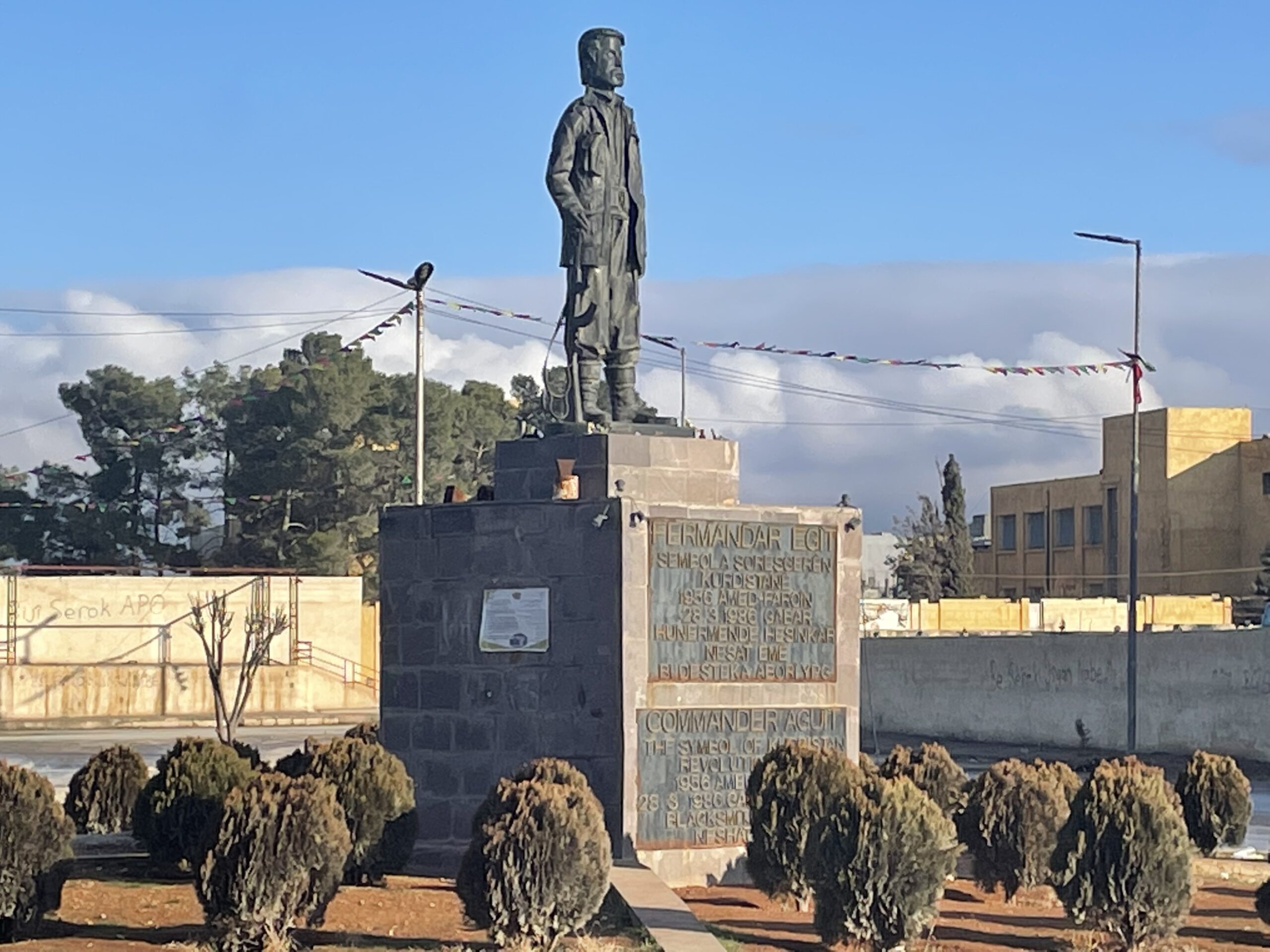









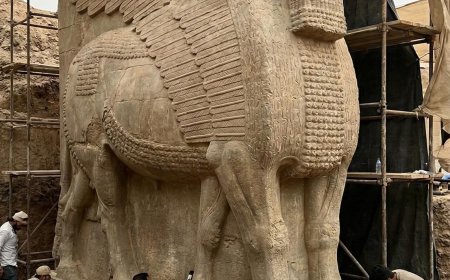





/file/attachments/orphans/IMG_9103_429753.jpeg)


/file/attachments/orphans/taku-transport_666718.jpg)






















